Introduction
With the government's and industries' continuous efforts towards a sustainable way of living, the importance of battery and battery manufacturing businesses is only rising over time. With a shift to renewable energy and extended use of batteries, the problem of battery waste management has also occurred in the industrial landscape. It is an opportunity to establish a battery waste dealing business in India and enjoy this opportunity's financial advantages. Let’s dive deeper into the realm of battery waste dealing businesses and understand the procedure to establish one and the regulatory compliances it comes with.
Table of Contents
--------------Blog Contact Form-------------
Who can start a Battery Waste Dealing Business in India?
To start a battery waste dealing business, you must have the necessary capital, land, machinery and workforce. Apart from that, you also have to arrange a continuous supply of battery waste which can be from either the producers or consumers. There are also various ways to operate a battery waste dealing business. You may choose any of them and start processing batteries in your plant. If you have these necessary resources and agree to fulfil the regulatory compliances associated with this type of business, you can start a battery waste dealing business in India.
Types of Battery Waste Business
There are two types of businesses you can undertake under the battery waste category. These business types are as follows-
- Battery Waste Dealer
A Dealer is a person who buys and sells goods. You may start buying waste batteries from the producers and consumers to further sell them to the refurbishers and recyclers, then it will be called a battery waste dealing business.
- Battery Waste Recycler
Battery waste recyclers are those who collect waste batteries and convert them to reusable raw materials that are needed to manufacture new batteries or other products. This process is called recycling.
- Battery Refurbisher
Battery refurbishing is a process that renews a waste battery either by replacing the faulty component inside it or fixing it otherwise. The businesses that refurbish batteries are called battery refurbishers.
Regulations on Battery Waste
Battery waste can be harmful to the environment if not disposed of properly. This is why the central government regulates battery waste and closely monitors every bit of it through the EPR regime. State and Central Pollution Control Board assist in the application of these provisions. EPR stands for Extended Producer Responsibility and puts the burden of recycling battery waste on the battery producers and ensures the timely recycling of battery waste from the environment to keep it safe for the public. Battery Waste Management Rules of 2022 prescribe the applicable rules to the battery producers and Battery waste processors including the dealers, recyclers, refurbishers, transporters, segregators and occupiers.
Step-by-Step Process to Establish a Battery Waste Dealing Business in India
You need to complete the following steps to start your battery waste dealing business in India. These steps are necessary to be followed if you are dealing with battery waste in any manner including as a dealer, processor or transporter. These steps are as follows-
Step 1 - Business Entity Registration
You can undertake business under a new business name by incorporating a company under the Companies Act. Registering a company provides various benefits to your business and can have various types including, sole proprietorship, partnership, limited liability partnership, and private limited company. It limits your liability and provides you with a separate legal identity for your business.
Step 2 - Obtaining Permission
The next step is to acquire the necessary licences and permissions from the regulating authorities. For example, you need to get Consent to Establish a Certificate from the SPCB before establishing a battery waste recycling or refurbishing business and at least thirty days before the operations start, you also need to get Consent to Establish from your respective State Pollution Control Board.
Step 3 - Acquiring Resources
In this step, you need to acquire every resource that is required to set up a battery waste business. It includes all the movable and immovable properties like land, machinery, workforce, utilities and most importantly battery waste. After setting up the plant, you can start operations while possessing necessary licenses and permissions like CTO from SPCB and EPR authorisation etc.
Step 4 - Battery Processing
The waste batteries have to be stored as per the conditions prescribed by the rules. Transporters move these waste batteries from one location to another for processing or disposal purposes according to the prescribed SOP by the Central Pollution Control Board to ensure safety and avoid any possible hazard. Waste batteries are then processed by the recyclers and refurbishers. Recyclers break down batteries and separate the resources, which are further processed to be used by the manufacturers. Refurbishers extend the lifespan of the battery by cleaning and desulfation processes as required.
Step 5 - Supply of Batteries and Raw Materials
These battery waste recyclers and refurbishers then supply the end products to the manufacturers and consumers either directly or through a battery dealing business. These dealers can purchase the raw materials extracted from the waste batteries after the process of recycling and refurbished batteries to sell to the consumers and battery manufacturers earn a profit on the same.
Responsibilities of Battery Waste Processors
The battery waste processors including recyclers and refurbishers need to fulfil the responsibilities according to the battery waste management to legally comply with the standards set by the Central Pollution Control Board. These responsibilities are as follows-
- Register with the State Pollution Control Board and obtain a certificate of registration through the centralised online portal developed by the CPCB.
- Adhere to guidelines provided by the Central Pollution Control Board when conducting refurbishment and recycling activities.
- Manage hazardous waste, solid waste, plastic waste, and e-waste according to the respective regulations.
- Ensure that recycling and refurbishment processes and facilities comply with the standards or guidelines set by the Central Pollution Control Board.
- Remove waste batteries from collected appliances, if batteries are incorporated in the equipment.
- Furnish quarterly returns (Form 4) providing information on used batteries collected, refurbished quantities, waste batteries collected, recycled quantities, material-wise recovery percentage and the management and disposal of hazardous and other waste.
- Make the total quantity of processed Waste Batteries available on the centralised portal and the entity's website every quarter.
- Refrain from engaging with entities lacking the mandatory registration under the specified rules.
Conclusion
In conclusion, venturing into the battery waste dealing business in India presents a promising opportunity amidst the country's growing focus on sustainability and environmental responsibility. The dual roles of battery waste dealers and recyclers offer distinct avenues for entrepreneurs, whether involved in buying and selling waste batteries or contributing to the recycling process. However, it's crucial to navigate this sector with a keen understanding of the regulatory landscape, particularly under the Extended Producer Responsibility (EPR) regime. The Battery Waste Management Rules of 2022 outline stringent regulations to ensure proper handling and recycling of batteries, placing responsibilities on various stakeholders, from producers to processors. In embracing this opportunity, entrepreneurs must prioritise environmental stewardship and legal compliance to contribute meaningfully to sustainable practices in the battery industry.
Battery Waste Management
Batteries (Management & Handling ) Rules apply to every manufacturer, importer, re-conditioner, assembler, dealer, recycler, auctioneer, consumer and bulk consumer involved in manufacture. Team Corpseed will help you to draft and submit online & offline application to respective SPCB and CPCB.
EPR Battery Registration
The EPR for battery waste management defines the functionalities of the EPR, wherein the producers, including importers of batteries, are held responsible for recycling, refurbishing, and collection of waste batteries.
Battery Waste
The rising demand for portable electronic equipment has increased battery usage and waste. Setting up battery waste recycling plants with the assistance of Corpseed offers financial profit and environmental protection by recycling these readily available waste batteries.
This portion of the site is for informational purposes only. The content is not legal advice. The statements and opinions are the expression of author, not corpseed, and have not been evaluated by corpseed for accuracy, completeness, or changes in the law.
BOOK A FREE CONSULTATION
Get help from an experienced legal adviser. Schedule your consultation at a time that works for you and it's absolutely FREE.


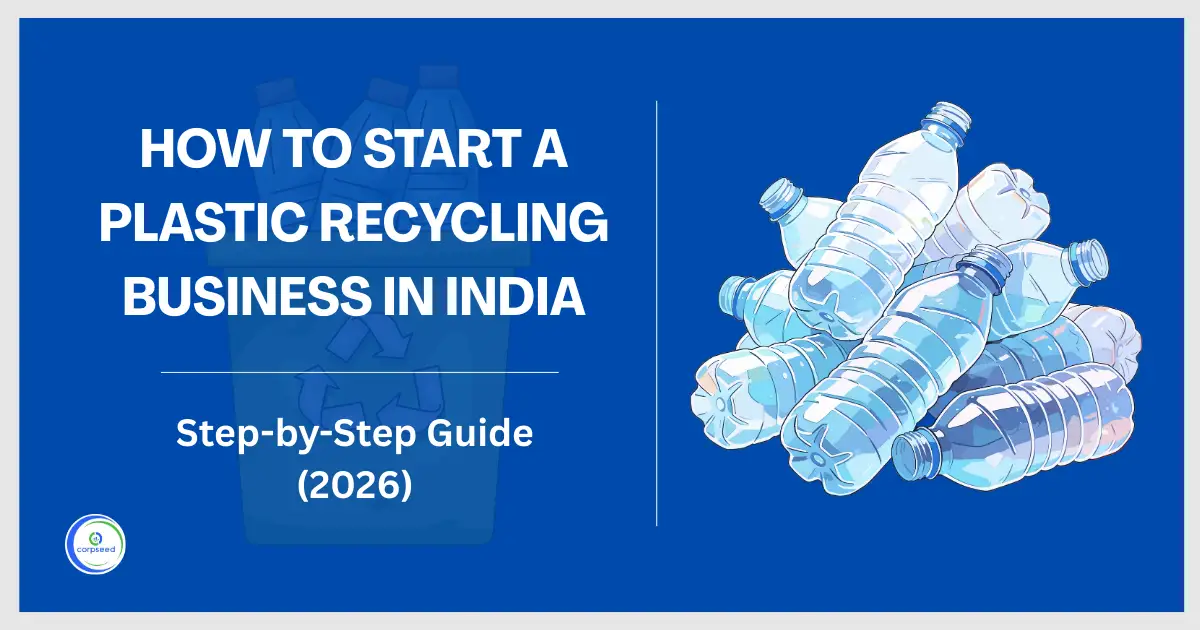
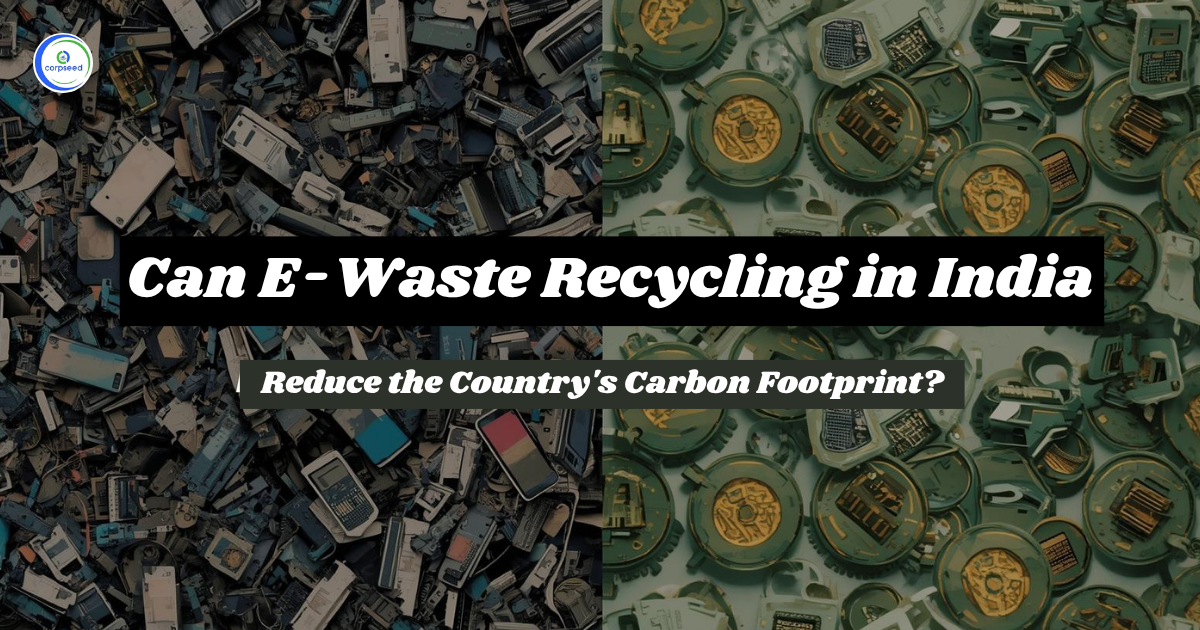
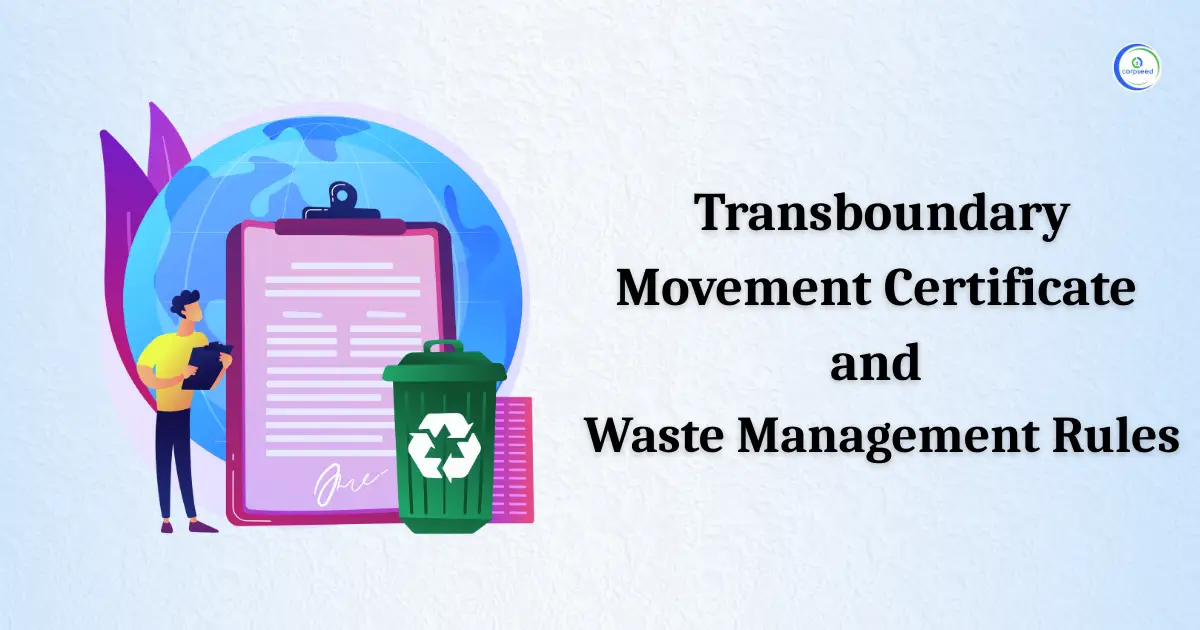
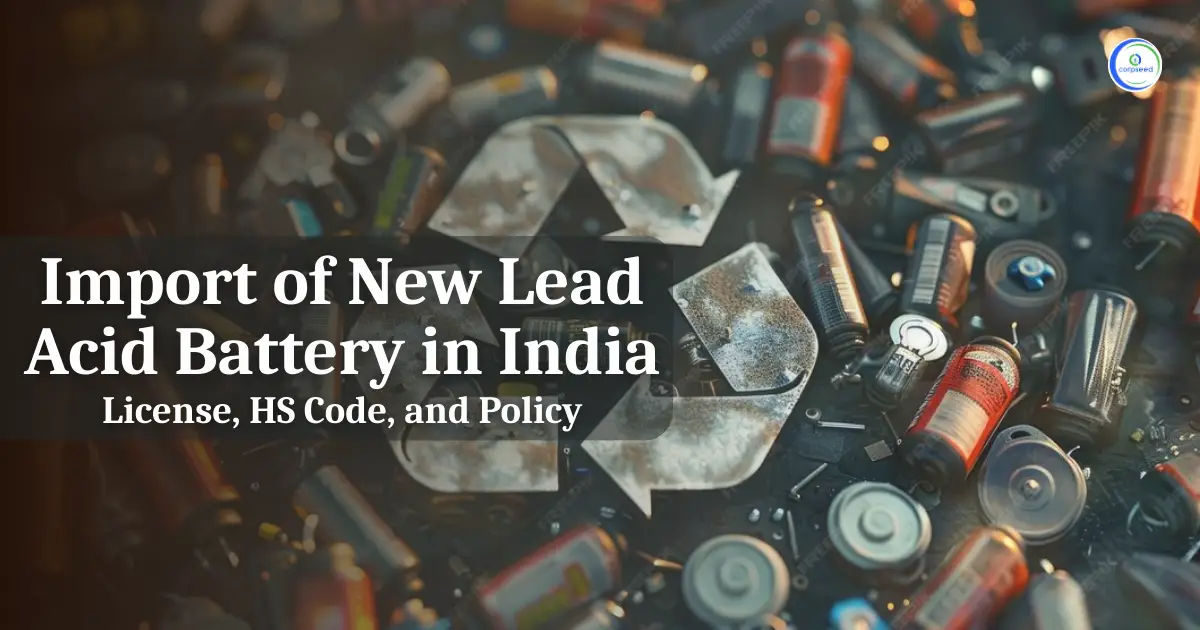
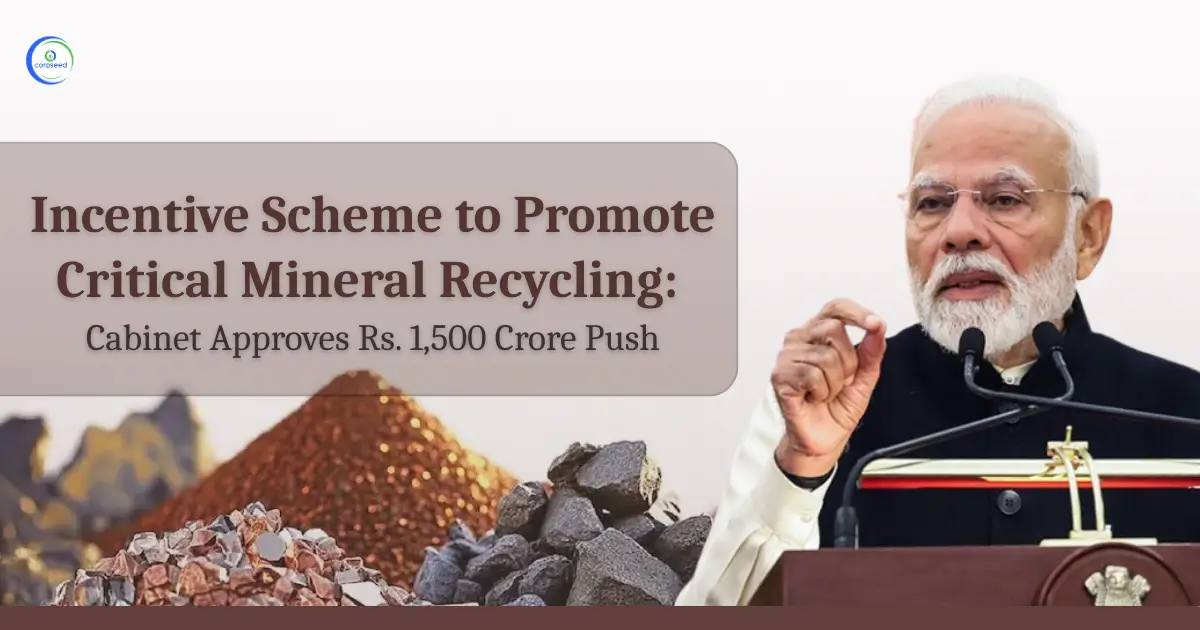
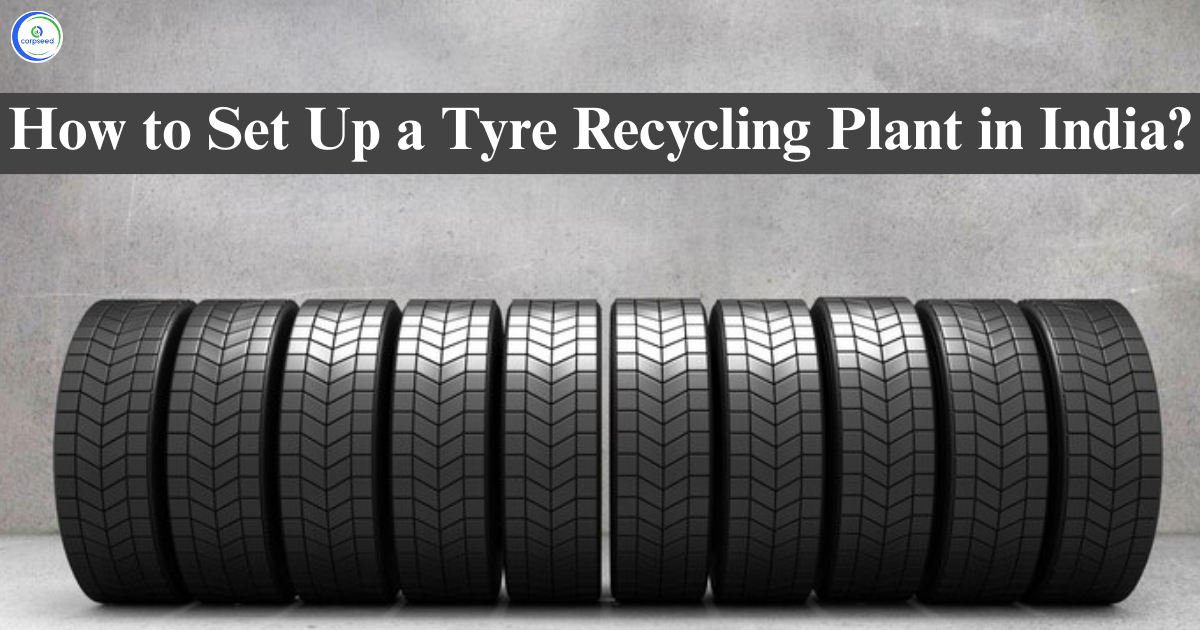
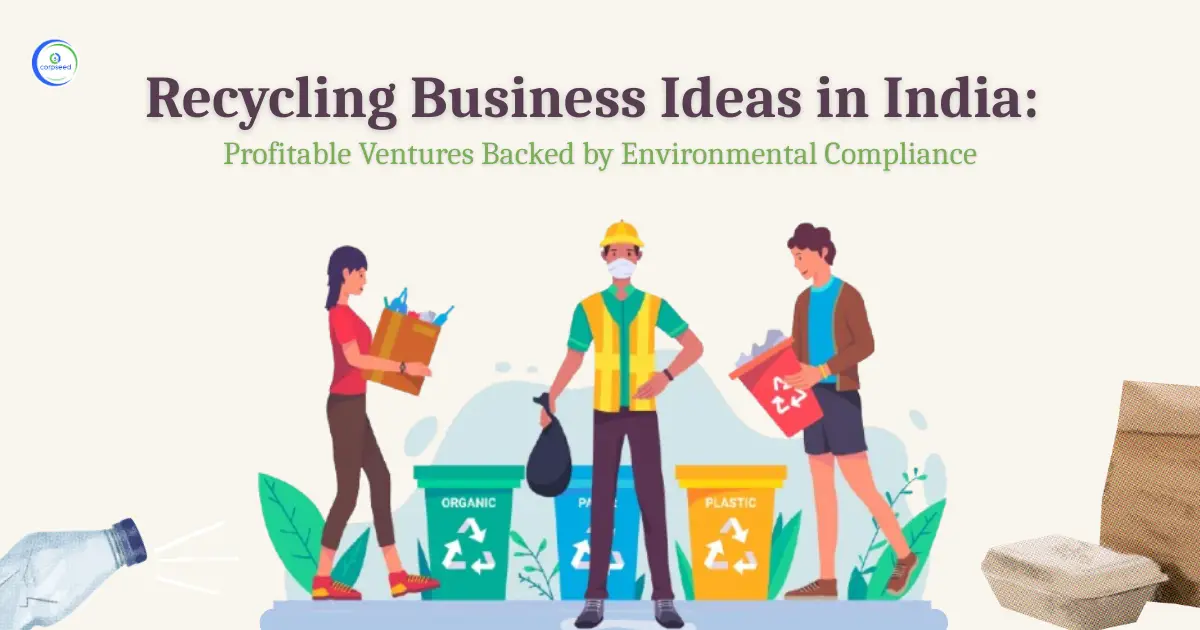
.webp)